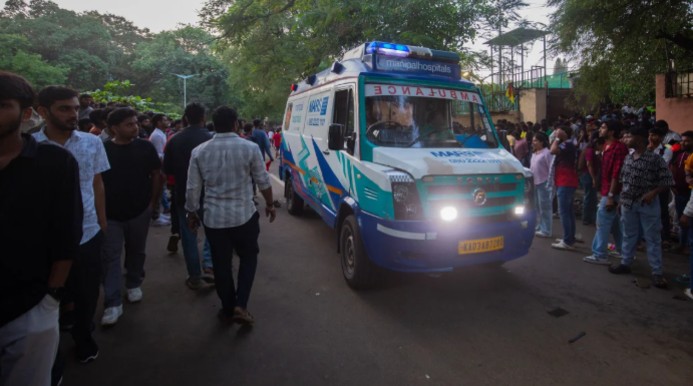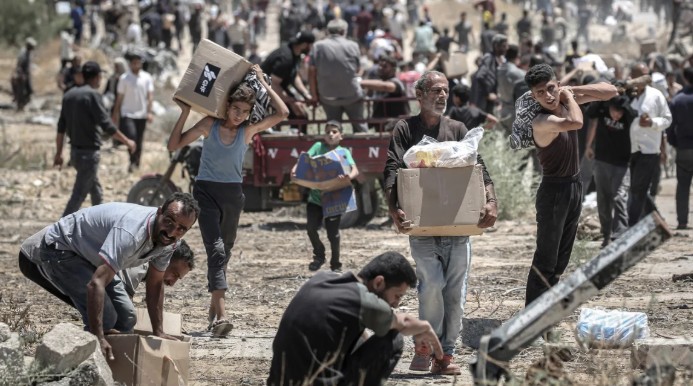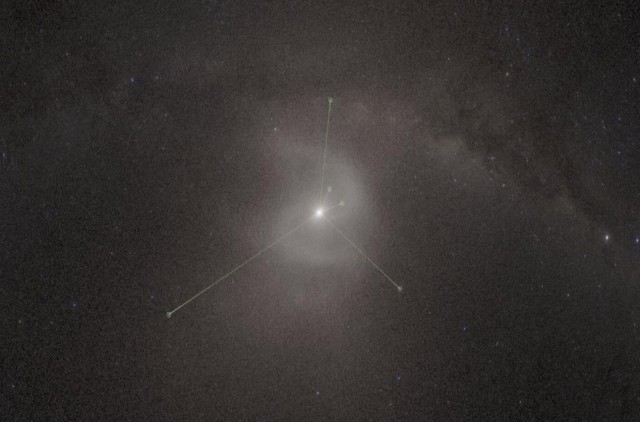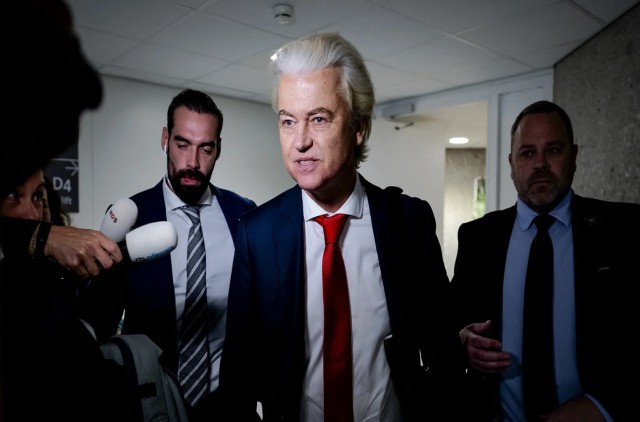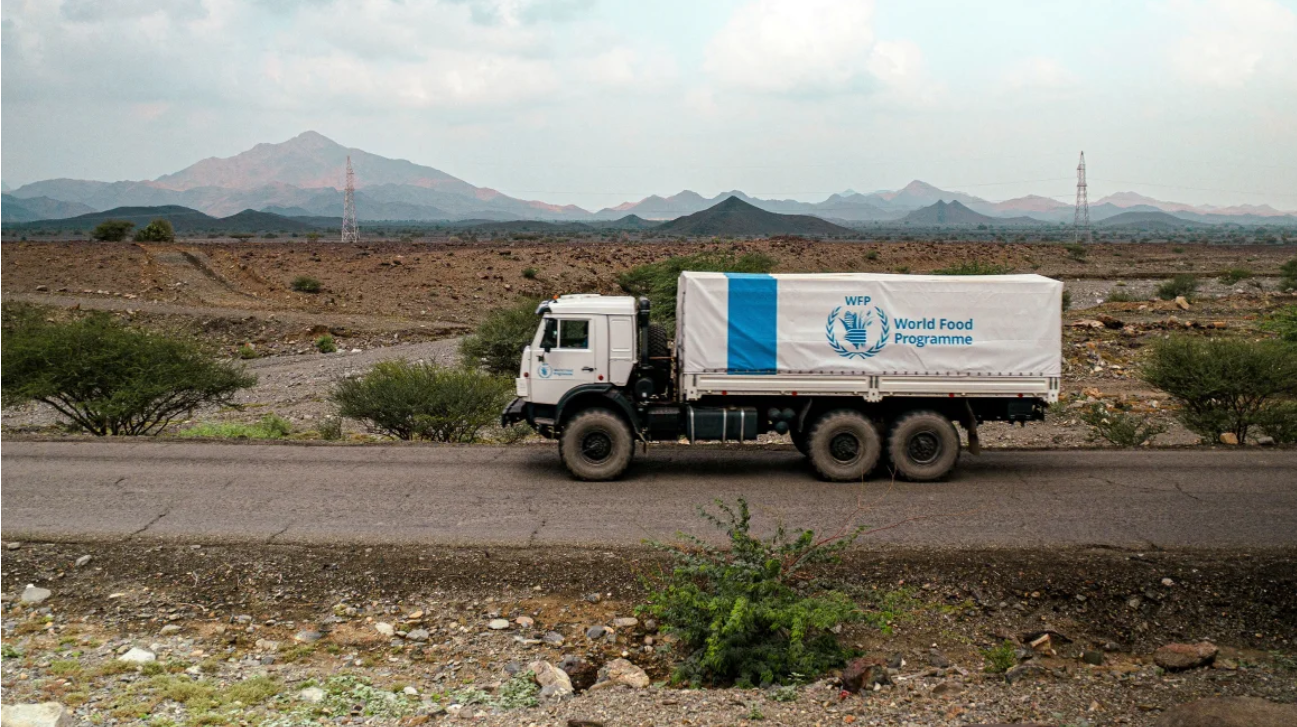
Russian Security Council Secretary Sergei Shoigu, right and secretary of Iranian National Security Council Ali Akbar Ahmadian shake hands during the 13 th international meeting of high representatives for security issues in Moscow, Russia, Wednesday, May 28, 2025.
North Korean leader Kim Jong Un has declared unwavering support for Russia's ongoing war in Ukraine. His comments came during a high-profile meeting with Russian Security Council Secretary Sergei Shoigu in Pyongyang. This development highlights the deepening military and political ties between North Korea and Russia amid the prolonged conflict.
Strategic Partnership Strengthens Amid Ukraine War
During Wednesday’s meeting, Kim Jong Un vowed North Korea’s “unconditional support” for Russia’s stance on key international matters, especially Ukraine. This statement was released by the Korean Central News Agency (KCNA), North Korea’s official mouthpiece. It emphasized that both countries agreed on strengthening their strategic partnership.
The talks also included discussions on expanding military cooperation, particularly in response to the crisis in the Ukrainian region of Kursk. Although the full content of the meeting wasn’t disclosed, it was clear both sides reached a common ground on Ukraine and other unnamed global issues.
North Korean Troops in Russia: Confirmed Deployment
In a significant move earlier this year, both North Korea and Russia confirmed the presence of North Korean troops in Russia. These soldiers reportedly joined Russian forces to counter Ukrainian advances in the border area of Kursk. This marked North Korea’s first combat involvement in a foreign conflict since the Korean War in the 1950s.
Russian President Vladimir Putin acknowledged and praised North Korea’s participation. He thanked Pyongyang for their commitment and promised not to forget their sacrifices. The involvement of North Korean forces is now seen as part of a broader military alliance that could reshape regional and global dynamics.
Thousands of North Korean Soldiers Sent to Fight
Although exact figures remain undisclosed by Pyongyang and Moscow, intelligence agencies in the U.S., South Korea, and Ukraine estimate that 10,000 to 12,000 North Korean soldiers were dispatched to Russia in late 2024.
According to South Korean authorities, another 3,000 troops were sent earlier this year, deepening North Korea’s engagement in the conflict. This marks a rare and bold move for a country known for its reclusive foreign policy.
Russia Claims Victory in Kursk; Ukraine Disputes
In April 2025, Russia declared that it had fully regained control over the Kursk region, which borders Ukraine. However, Ukrainian military leaders rejected that claim, stating their forces are still actively holding territory there. Ukraine’s top army chief, Oleksandr Syrskyi, reaffirmed on Saturday that the fight in Kursk is far from over.
As a sign of ongoing cooperation, Shoigu and Kim also discussed plans to rebuild the war-torn Kursk region. They spoke about commemorating the contribution of North Korean soldiers, suggesting an enduring presence and historical narrative in Russian military affairs.
Arms and Aid: A Two-Way Exchange
North Korea hasn’t only contributed manpower. Reports confirm the country has shipped large quantities of conventional weapons to Russia to support its war effort. In exchange, the Kremlin is suspected of offering military and economic assistance to Kim’s regime.
Western allies, particularly the U.S. and South Korea, fear this growing bond could result in advanced military technology transfers. These concerns include the possible enhancement of North Korea’s nuclear weapons program, which remains a key threat to regional peace and stability.
A Deepening Alliance With Global Implications
North Korea’s open backing of Russia’s war in Ukraine marks a critical shift in global alliances. The military collaboration, now confirmed by both nations, could alter the balance of power in the region.With continued arms trade, shared troops, and coordinated strategies, the Pyongyang-Moscow axis is becoming one of the most closely watched developments in the Ukraine conflict. How the world responds to this growing alliance will shape the next chapter of global geopolitics.









